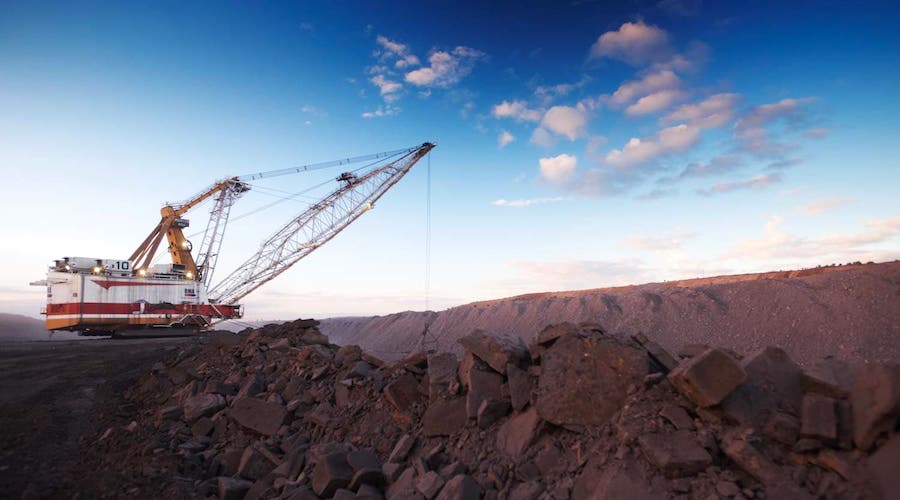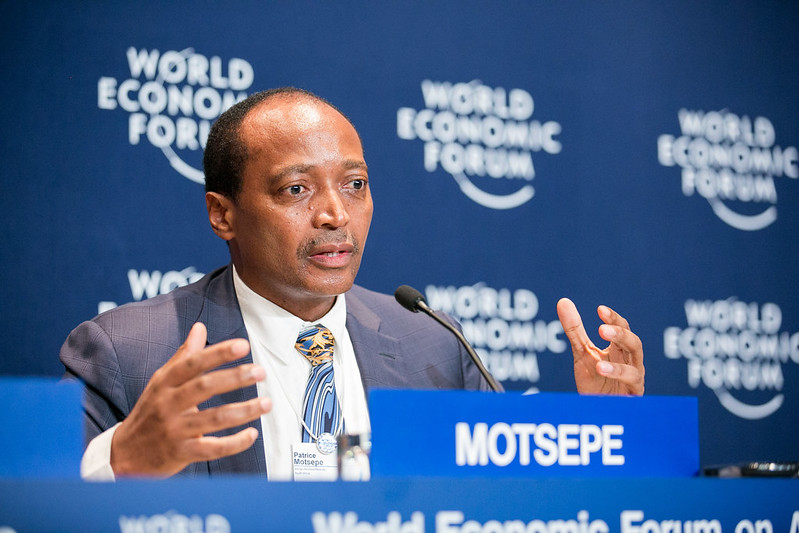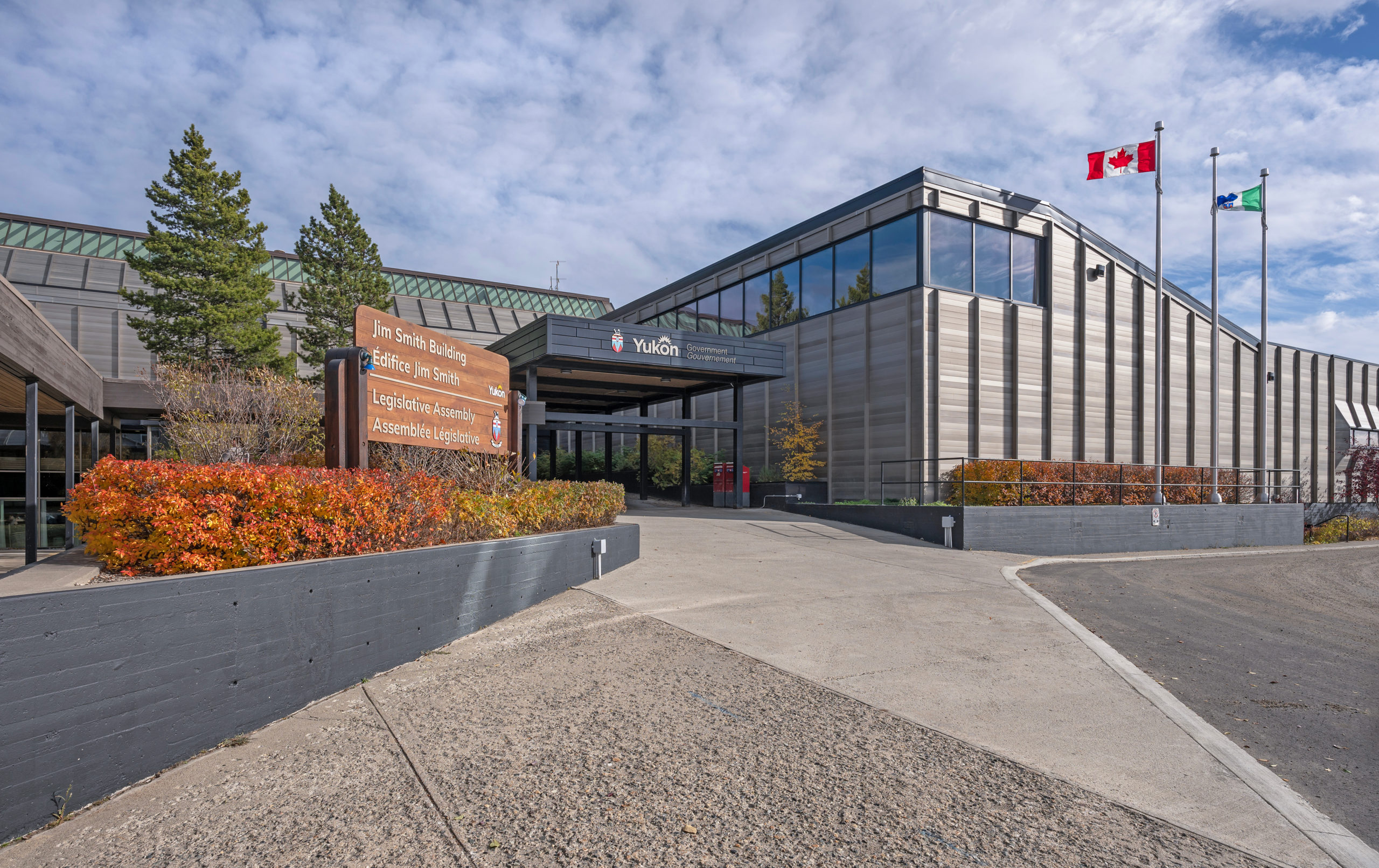BHP sheds more Australian coal mines in $1.35 billion deal

BHP (ASX, LON, NYSE: BHP) has inked a deal to divest up to $1.35 billion in metallurgical coal assets in Australia, as part of the world’s largest miner’s retreat from fossil fuels.
The company is selling its 80% stake in BHP Mitsui Coal, (BMC), which operates the South Walker Creek and Poitrel coking coal mines in Queensland, to junior Stanmore Resources (ASX: SMR). The remaining stake in the joint venture is owned by Japan’s Mitsui.
The deal includes $1.1 billion cash on completion, $100 million in cash six months later and a possible up-to $150 million payout in the 2024 calendar year linked to prices. The agreement, excluding the potential price-linked payment, represents an enterprise value-to-Ebitda multiple of 6.9 times, BHP said.
Stanmore Resources, which is developing its Isaac Downs coking coal project in the Bowen Basin, said in a separate statement that it intended to fund the acquisition with a $625 million debt facility and a $600 million equity raising.
If the acquisition of BHP’s stake in BMC is approved, Stanmore — majority owned by Singapore-listed Golden Energy and Resources — will become a significant force in the Australian coal industry.
“As the world decarbonizes, BHP is sharpening its focus on producing higher quality metallurgical coal sought after by global steelmakers to help increase efficiency and lower emissions,” Edgar Basto, head of BHP’s Minerals Australia business said in a media statement.
BHP put its stake in BMC up for grabs last year, when it also announced plans to exit thermal coal. Since then, it has also sold its stake in the Cerrejón coal mine in Colombia to Glencore (LON: GLEN) and announced plans to merge its oil and gas assets with Australia’s Woodside Petroleum (ASX: WPL), which completed in August.
The global miner’s decision to exit coal “was not any push towards becoming fossil-fuel free,” chief executive Officer Mike Henry said at the group’s annual meeting in London last month. “It was simply a cold-eyes assessment of how those commodities fit with the BHP portfolio.”
BHP remains Australia’s largest producer and exporter of metallurgical coal as an equal partner in a separate alliance with Mitsubishi Corp. That joint venture operates seven mines and owns and operates the Hay Point Coal Terminal in Australia, one of the world’s largest coal-export ports.
Tackling emissions
BHP committed in 2019 $400 million over five years to reduce greenhouse gas emissions from its operations and mined commodities. It has also vowed to reduce its Scope 3 emissions — those generated by customers using the company’s commodities — which are 40 times greater than those generated by its mines and oilfields.
Steel is an important component in many of the products driving the decarbonization process, but its production accounts for as much as 10% of global greenhouse gas emissions — and about 75% of BHP’s Scope 3 emissions.
The company is working with industry giants, including China Baowu Steel and Japan’s JFE Steel on ways to reduce manufacturers’ carbon footprint.
It has also earmarked a further $75 million to partnerships focused on steel decarbonization with four of its major steelmaking customers, but warned the road to the sector’s net zero emissions remains uncertain.
More News
{{ commodity.name }}
{{ post.title }}
{{ post.date }}



Comments